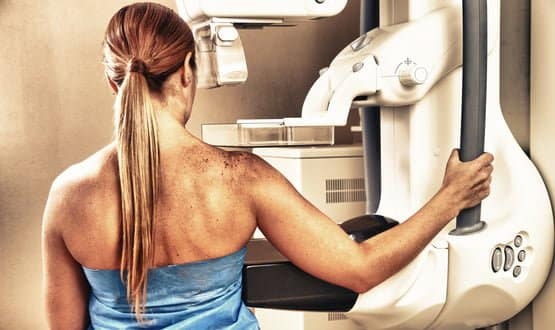Review into breast cancer screening problems uncovers IT challenges
- 20 December 2018

An independent review into the NHS’ breast cancer screening programme has revealed checks were not made to ensure IT systems could deliver a new specification or a trial algorithm.
The review followed an announcement in May 2018 by the then-secretary of state for health and social care, Jeremy Hunt, that nearly half a million women might have missed their final breast cancer screening invitation.
At the time Hunt said the issue was due to a ‘computer algorithm failure’. But the review, co-chaired by Lynda Thomas (chief executive of Macmillan) and Professor Martin Gore (consultant medical oncologist and formal medical director at Royal Marsden NHS Foundation Trust) with Peter Wyman (chair of the Care Quality Commission) as vice chair has concluded this was not the case.
Though the review states it has ‘not found that any one person to blame’, it adds that its investigations has uncovered the IT systems being used are ‘overly complex’ and ‘dated’.
Confusion surrounding a policy document led to a ‘misalignment between policy delivery, the IT system’ and a separate trial, AgeX, which was exploring the possibility of extending the age range for women being offered screening, from 50-70 to 47-73.
However, the review’s foreword states that ‘no one checked that the IT programmes were designed to deliver the new specification or were compatible with the AgeX trial algorithm’.
As a result, the review is recommending that the IT systems used in the breast cancer screening programme are made simpler to use.
It also recommends that any new systems introduced to support the programme should follow the principles set out in Hancock’s tech vision, including a full commitment to interoperability.
Professor Gore said: “The NHS breast screening programme is one of the best in the world, and the staff who deliver it work exceptionally hard to give women the best care. However, the supporting systems and governance processes need to be updated.
“It is essential that Public Health England as a matter of urgency works with the women they contacted and have been diagnosed with breast cancer, their families and their healthcare professionals, to find out whether they were harmed by any errors in the breast screening programme, and are given the support they need.”
The review states the number of women who may have missed their final breast cancer screening as a result of the issues is around 67,000. NHS England has assured the review team that all these women have now been invited to a catch-up screening.



2 Comments
As long as these services continue to work as separate silos, these types of problem swill exist -had this been part of someone’s health record, many would have probably been picked up and problems avoided.
why is it so important to differentiate between screening and symptomatic services?
Crucially the interoperability needs to link back efficiently to local care systems, where the action on any reassurance and followup needs to take place.
Comments are closed.